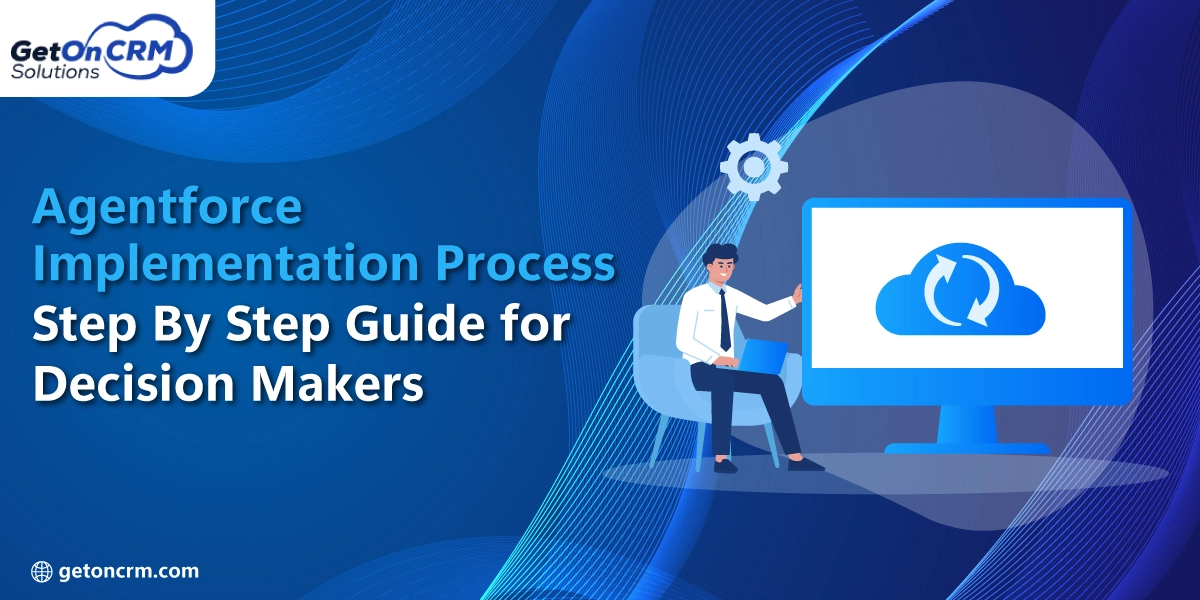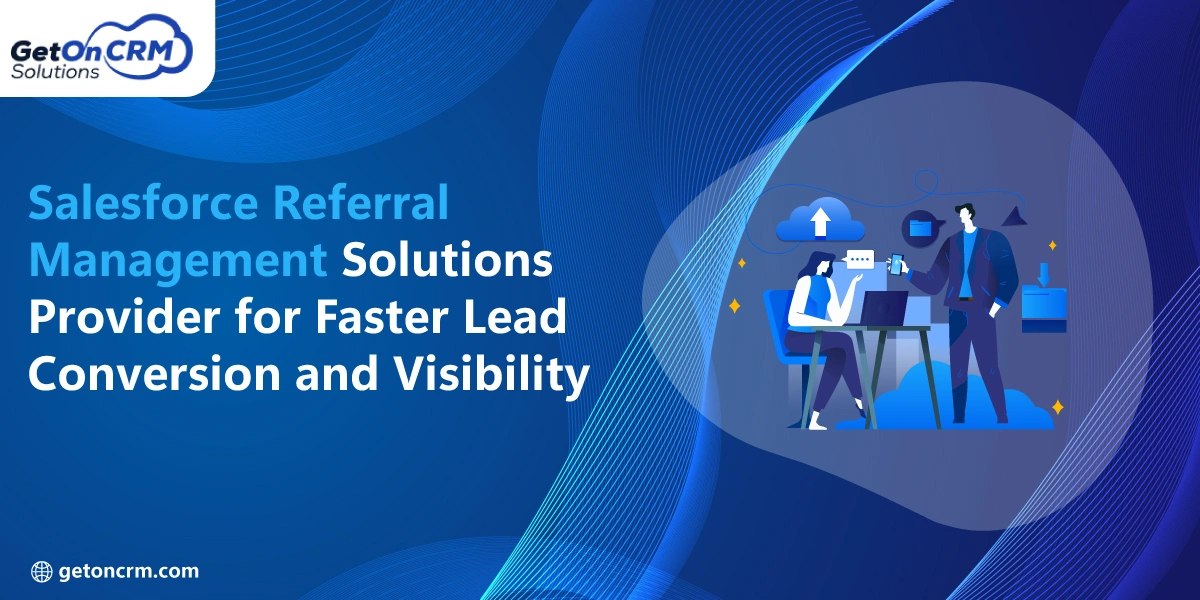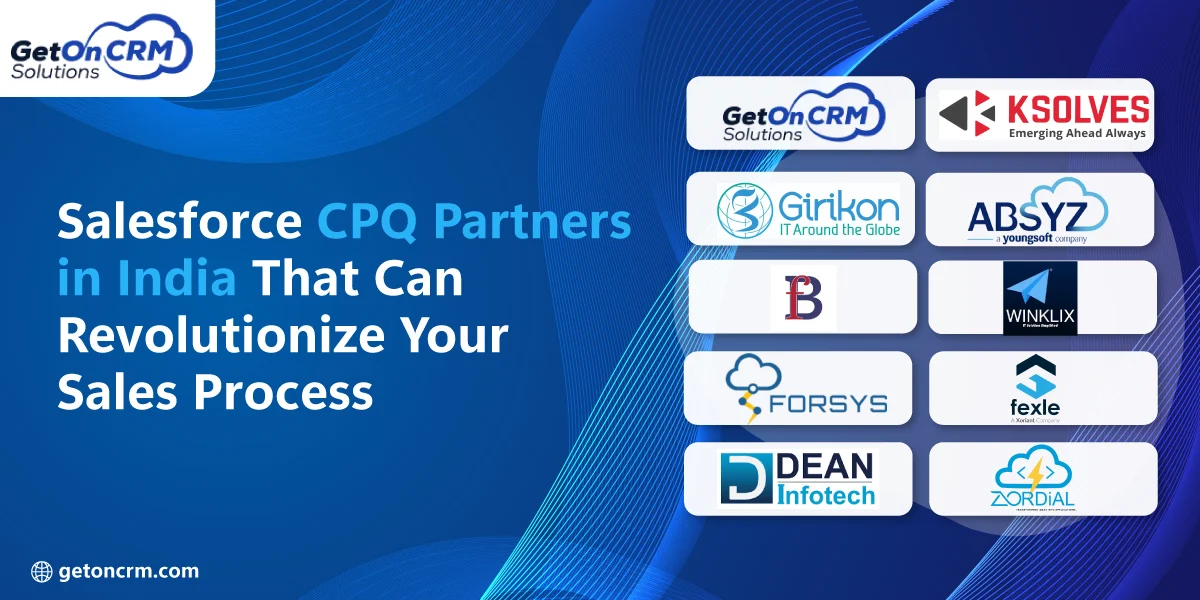In 2025, businesses are navigating a highly competitive digital environment where automation, real-time insights, and AI-driven decisions are no longer optional—they’re expected. With organizations expanding across multiple platforms and tools, Salesforce integration services—including the most popular Salesforce integrations for your business—have emerged as the backbone of seamless data flow and intelligent business workflows.
As companies adopt AI tools like Einstein GPT and Slack GPT, the demand for AI-powered Salesforce integration is rising across industries. Whether you’re a small business or an enterprise, partnering with a Salesforce integration company or a consulting partner in the USA ensures your CRM ecosystem works smarter, faster, and more securely.
Top Reasons to Invest in Salesforce Integration Services in 2025
Salesforce is no longer just a CRM—it’s the command center for modern businesses. In 2025, integration transforms Salesforce into a real-time, AI-powered ecosystem that connects every touchpoint of your business, offering the key benefits of Salesforce integration with business apps.

➥ 360-Degree Customer View
No more scattered spreadsheets or siloed systems. Salesforce integration connects all your customer touchpoints—sales, service, marketing—into one unified view. This complete perspective helps teams deliver more personalized experiences, faster resolutions, and consistent messaging across channels.
➥ Process Automation at Scale
Manual work is out, automation is in. Integrated systems can trigger actions automatically—like sending follow-up emails, updating inventory, or creating support tickets—based on real-time events. This saves time, eliminates human error, and boosts team efficiency.
➥ Real-Time Data Synchronization
Data delays lead to decision delays. With real-time syncing between Salesforce and your business systems, you get live updates—whether it’s a new lead from a webform or a sale from your e-commerce store. Everyone works with the latest data, all the time.
➥ Improved Sales Productivity
Your sales team shouldn’t spend time toggling between apps or updating CRM fields manually. Salesforce integration brings everything—from emails and call logs to proposal tools—into one streamlined workflow. Less clicking, more closing.
➥ Smarter Decision-Making with Live Insights
When real-time, integrated data power your analytics tools, your reports and dashboards become more accurate. Leaders can make smarter calls on resource allocation, campaign performance, and sales forecasting—based on what’s really happening right now.
➥ AI-Enhanced Workflows
In 2025, AI is doing more than just chat. Integrated Salesforce systems powered by Einstein GPT or MuleSoft bots can score leads, prioritize service tickets, and even generate predictive insights—automatically. You don’t just respond faster—you respond smarter.
➥ Faster Return on Investment (ROI)
By streamlining processes, cutting down on manual tasks, and improving cross-functional alignment, Salesforce integration accelerates value delivery. The result? Faster deal closures, lower operational costs, and a quicker path to ROI.
➥ Enterprise-Grade Security & Compliance
With certified integration experts at the helm, your business benefits from secure API setups, encrypted data flows, and compliance-ready architecture. Whether it’s HIPAA, GDPR, or industry-specific regulations, your customer data stays protected and compliant.
Most Common Salesforce Integration Use Cases
Salesforce connects seamlessly with a wide range of applications used across industries. From ERP and accounting systems to e-commerce, helpdesk, and marketing tools, these integrations simplify operations and improve business performance.
| Integration Use Case | Description |
|---|---|
| Salesforce + ERP (SAP, Oracle) | Sync inventory, finance, procurement, and sales data. |
| Salesforce + Marketing Platforms | Connect HubSpot, Mailchimp for campaigns, and lead tracking. |
| Salesforce + E-commerce Platforms | Sync product, order, and customer data from Shopify, Magento, etc. |
| Salesforce + Accounting Systems | Integrate QuickBooks, Xero for financial visibility and automation. |
| Salesforce + Communication Tools | Merge Slack and Teams for internal collaboration with CRM context. |
| Salesforce + Helpdesk Systems | Link Zendesk, ServiceNow for seamless customer service management. |
| Salesforce + Custom Business Apps | Build API integrations with proprietary platforms for unique workflows. |
Implementing these strategies can significantly enhance your business operations. For a deeper understanding of the importance and various approaches to Salesforce integration, check out our article on Salesforce Integration: Importance, Approach and Pattern.
Why Choose a Certified Salesforce Integration Company?
Partnering with a certified Salesforce integration company is more than a technical choice—it’s a strategic investment in the long-term success of your CRM ecosystem. Here’s why it matters:
➥ Proven Expertise as a Salesforce Consulting Partner
Certified partners bring deep product knowledge and follow Salesforce’s best practices. They’re trained, audited, and backed by Salesforce, which means you get a reliable team that understands the platform inside out.
➥ Specialized Skills in Salesforce MuleSoft Integration Services
Whether it’s legacy systems or modern SaaS apps, certified partners know how to use MuleSoft and other integration tools to stitch together even the most complex ecosystems—ensuring smooth data flow and business continuity.
➥ Security-First Integration Architecture
Handling customer data requires more than just connectivity—it demands compliance, governance, and encryption. Certified partners build with a security-first approach, helping businesses stay aligned with industry regulations like HIPAA and GDPR.
➥ Expertise in Real-Time Sync & Automation
From bi-directional sync to automated process triggers, certified experts ensure your systems talk to each other in real time—so your teams are always working with the latest, most accurate data.
➥ Global Delivery with Local Understanding
Whether you’re looking for a Salesforce integration company in Ahmedabad or a Salesforce consulting partner in the USA, certified partners offer both global scale and local insight. This ensures culturally aligned communication, timezone-friendly support, and compliance with local regulations.
➥ Proven Track Record Across Industries
Certified companies often bring a portfolio of successful implementations in healthcare, finance, retail, manufacturing, and more. Their domain experience helps in creating integrations tailored to industry-specific challenges and use cases.
Salesforce Integration for Startups & SMBs
Startups and small businesses often operate with limited resources but big ambitions. That’s where Salesforce integration for small businesses becomes a game-changer—offering scalable, flexible, and budget-friendly solutions that grow as you do.
Unlike large enterprises, SMBs need quick wins and easy onboarding salesforce integration with third party applications using tools like MuleSoft Composer, Zapier, and pre-built AppExchange connectors, makes it possible to sync apps like Gmail, QuickBooks, Shopify, or WhatsApp Business without writing complex code.
Key Benefits for SMBs:
Plug-and-play setups that reduce go-live time
Low-code workflows to automate repetitive tasks
Scalable architecture that grows with your business
Real-time alerts and analytics for fast decision-making
Whether you’re tracking leads from a form, syncing invoices from accounting software, or connecting customer support channels, Salesforce integration helps SMBs run lean, smart, and connected.
AI-Powered Integration – What’s Changing in 2025?
2025 marks a shift from basic automation to AI-powered Salesforce integration, where systems not only connect but also think and act.
With technologies like Einstein GPT, Slack GPT, and MuleSoft RPA bots, Salesforce now enables a new era of intelligent automation. These AI tools are deeply embedded into workflows—whether it’s a salesforce sap integrationor a customer support sync—allowing businesses to deliver hyper-personalized experiences without lifting a finger.
What’s New in 2025:
AI-Based Lead Scoring: Automatically ranks leads based on engagement, behavior, and likelihood to convert.
Predictive Customer Segmentation: Einstein GPT analyzes trends and creates dynamic customer groups for personalized marketing.
Automated Follow-Ups: Slack GPT can trigger reminders, emails, or messages without human input, keeping deals moving.
RPA Bots for Backend Tasks: MuleSoft bots automate repetitive tasks like form fills, data updates, and system checks.
This shift to AI-driven CRM integration means businesses can focus more on strategy and relationships while systems handle the grunt work—intelligently.
Salesforce Integration Best Practices
A successful Salesforce integration, when approached with the right strategy, structure, and understanding of the Salesforce integration importance, approach, and pattern, goes beyond API connections. Here arethe key best practices businesses should follow for smooth and sustainable integration:
➥ Start with a Clear Strategy
Define business goals, processes, and data flows before touching any tool. Identify what needs to be connected, why, and how success will be measured.
➥ Plan Your Data Mapping
Ensure that data fields align across platforms. Mismatched data formats or duplicate entries can create chaos, so clean and structure your data early.
➥ Test in a Sandbox Environment
Before going live, simulate the integration in a safe test environment. This helps catch errors, avoid disruptions, and ensure everything works as expected.
➥ Use Modular, Scalable Architecture
Design the integration to accommodate new systems or future expansion. Avoid rigid, hard-coded solutions that will break under change.
➥ Monitor and Maintain Post-Deployment
Set up dashboards, alerts, and logs to monitor performance. Regularly update APIs, connectors, and configurations to stay secure and efficient.
By following these practices, businesses avoid common integration pitfalls and set the stage for long-term success.
Conclusion: Unlock Growth with Salesforce Integration
As digital ecosystems become more complex, Salesforce integration services offer the clarity, control, and connectivity that businesses need to thrive. Whether you’re a fast-growing startup or a mature enterprise, integrated systems create smarter teams, better decisions, and happier customers.
From AI-powered workflows and real-time data sync to low-code tools and enterprise-grade security, Salesforce integration is no longer just an IT upgrade—it’s a business evolution.
Ready to Connect and Grow?
Get started with a certified Salesforce Ridge Partner for seamless, secure, and smart integration—customized for your business size, industry, and region.
Whether you need salesforce integration services or a Salesforce consulting partner, we’ve got you covered.
Let’s simplify, automate, and scale—together.
FAQs – Salesforce Integration: Answers to Your Most Common Questions
1. What are Salesforce Integration Services, and why are they important in 2025?
Salesforce Integration Services connect Salesforce with other systems like ERP, marketing tools, support platforms, and databases. These integrations enable real-time data sharing, automation, and unified workflows across departments.
In 2025, their importance has grown significantly due to:
- Unified Data: Integrated systems offer a 360° customer view and improve decision-making.
- Automation: Syncing data and triggering workflows across tools reduces manual effort and errors.
- Enhanced CX: Teams deliver consistent, personalized experiences using connected insights.
- Scalability: Businesses can expand tech stacks without replacing Salesforce.
- Compliance: Centralized data ensures better security, audit trails, and regulatory compliance.
- Real-Time Insights: Live dashboards fuel faster and smarter business strategies.
In today’s digital-first world, Salesforce Integration Services are essential for efficiency, agility, and growth across industries.
2. Which systems can Salesforce integrate with?
Salesforce integrates with ERP, marketing, e-commerce, accounting, helpdesk, communication tools, and custom apps.
3. How does AI improve Salesforce integration?
AI tools like Einstein GPT automate lead scoring, segmentation, follow-ups, and backend tasks for smarter, faster decisions.
4. What are the benefits of Salesforce integration for small businesses?
It offers plug-and-play setup, low-code automation, and real-time insights—ideal for fast growth with limited resources.
5. Why choose a certified Salesforce integration company?
Certified partners ensure secure, scalable, and industry-compliant integrations with proven Salesforce expertise.
6. What are the best practices for Salesforce integration success?
Plan ahead, clean your data, test in sandbox, use scalable architecture, and monitor performance regularly.



















